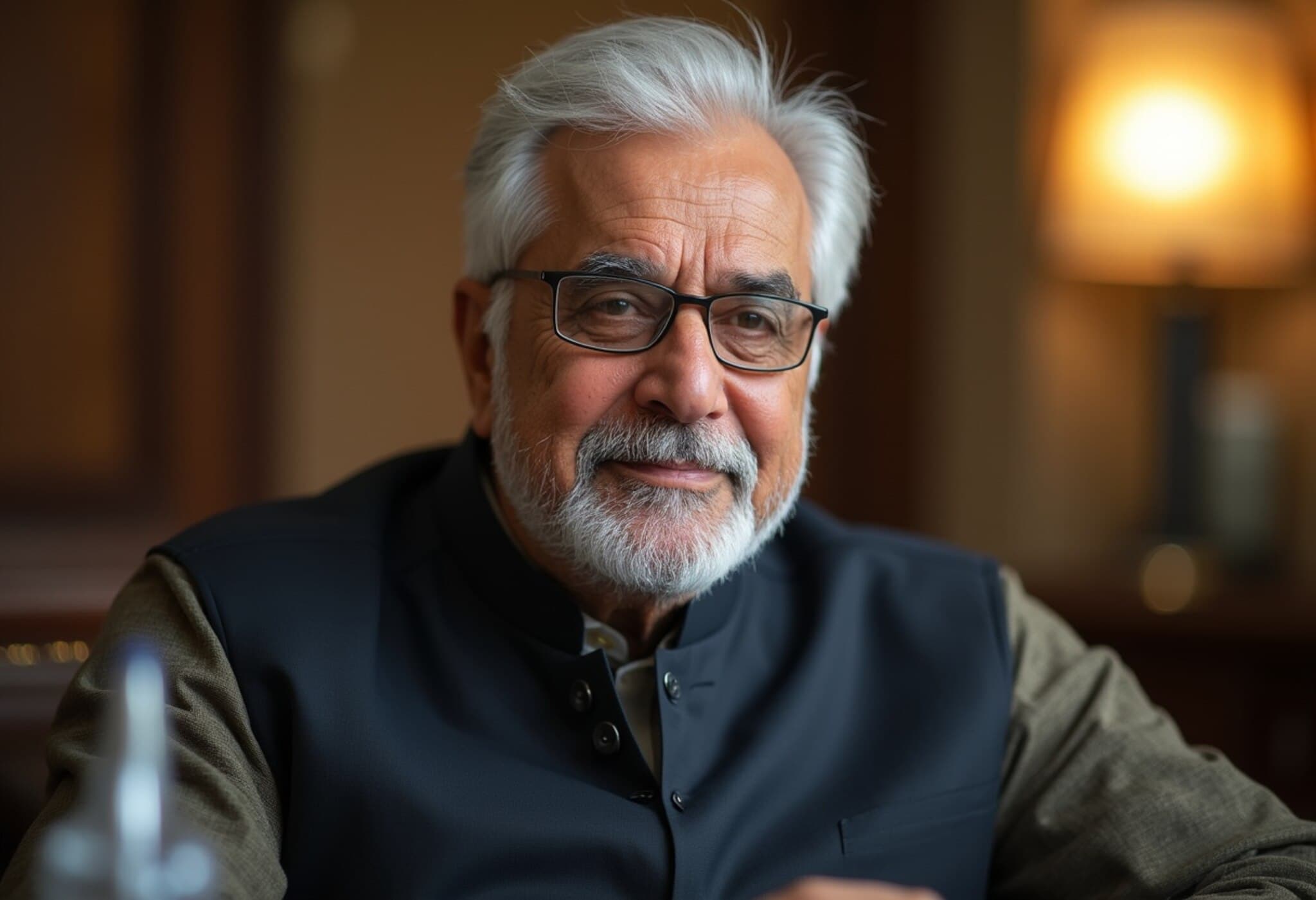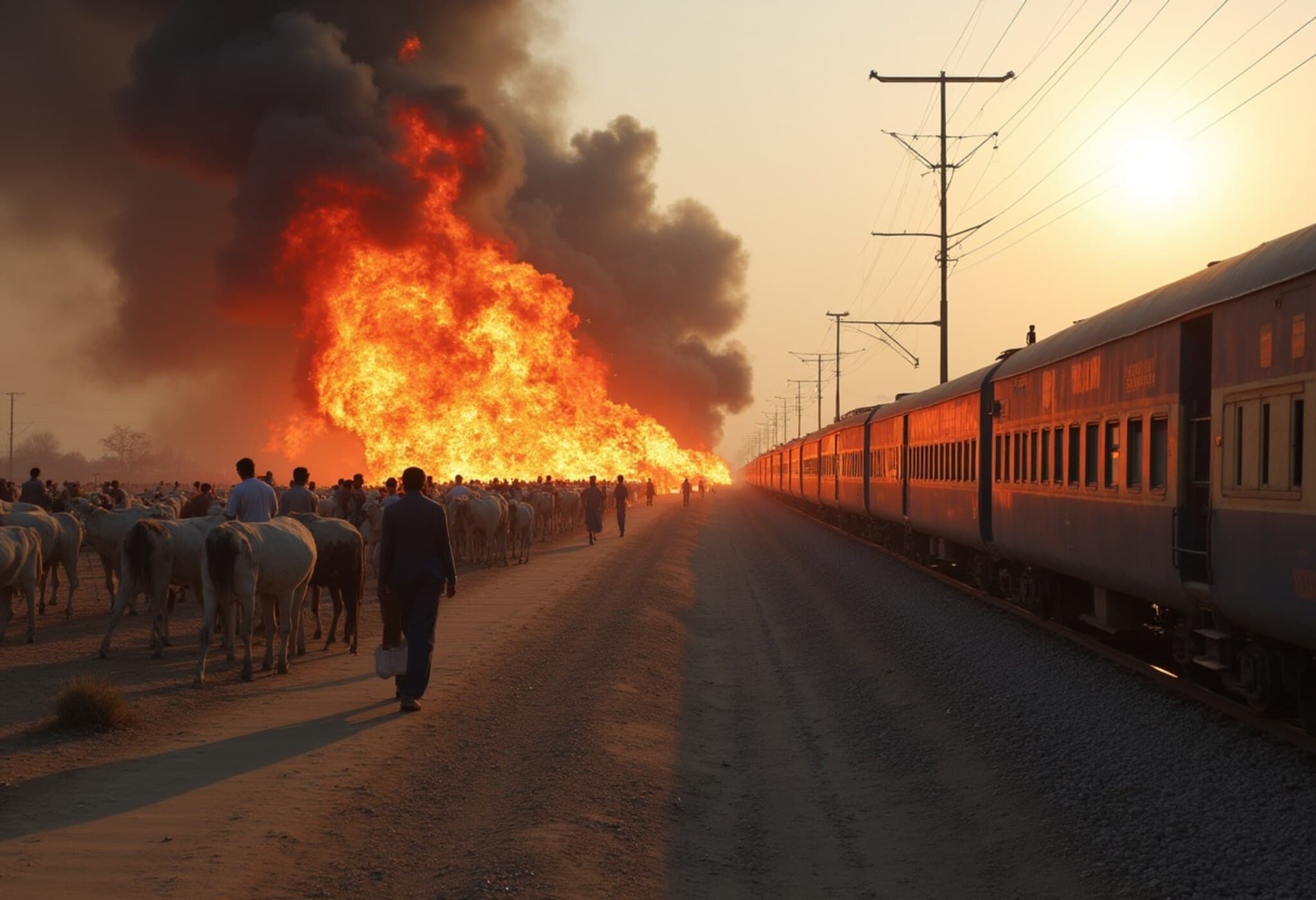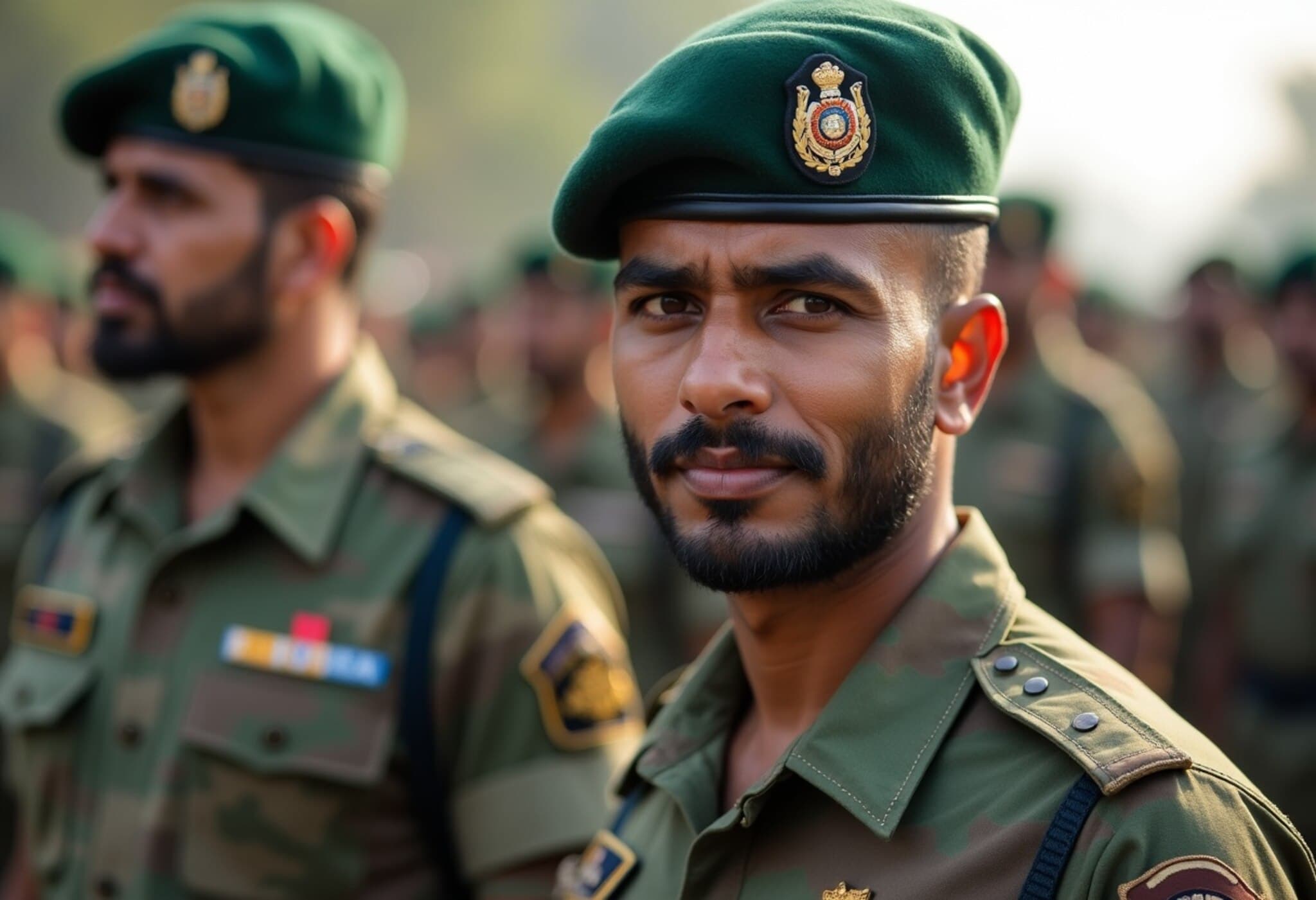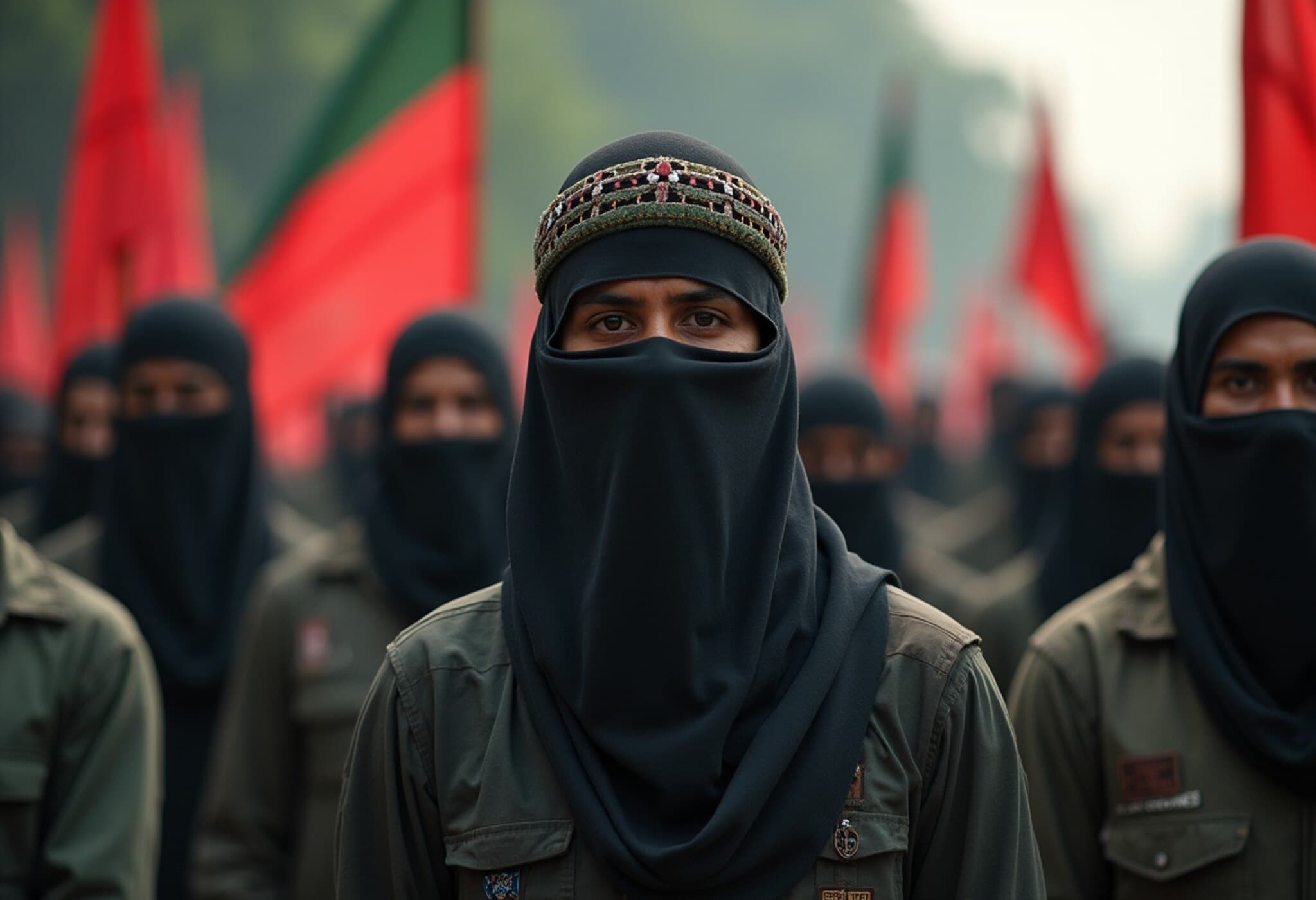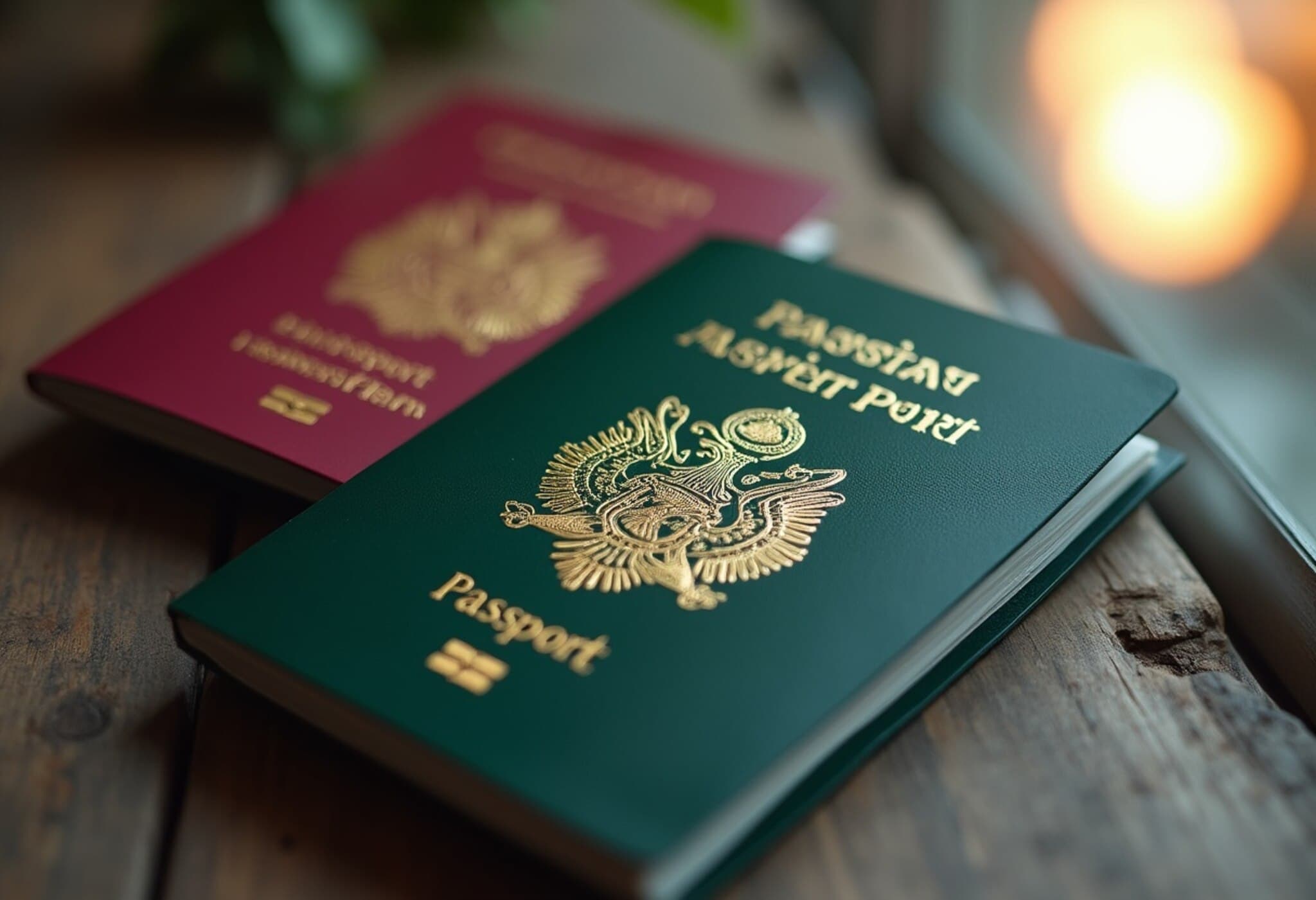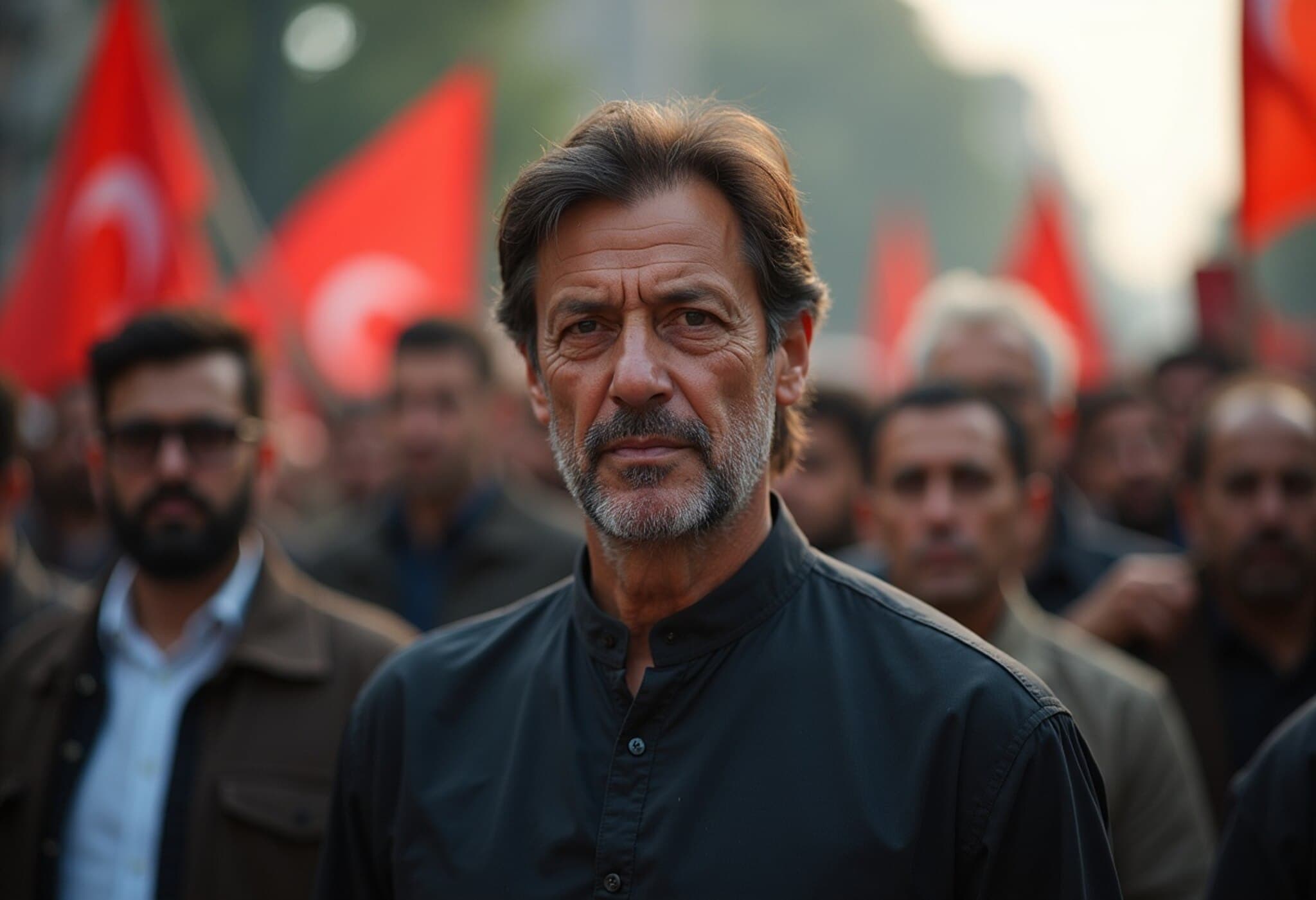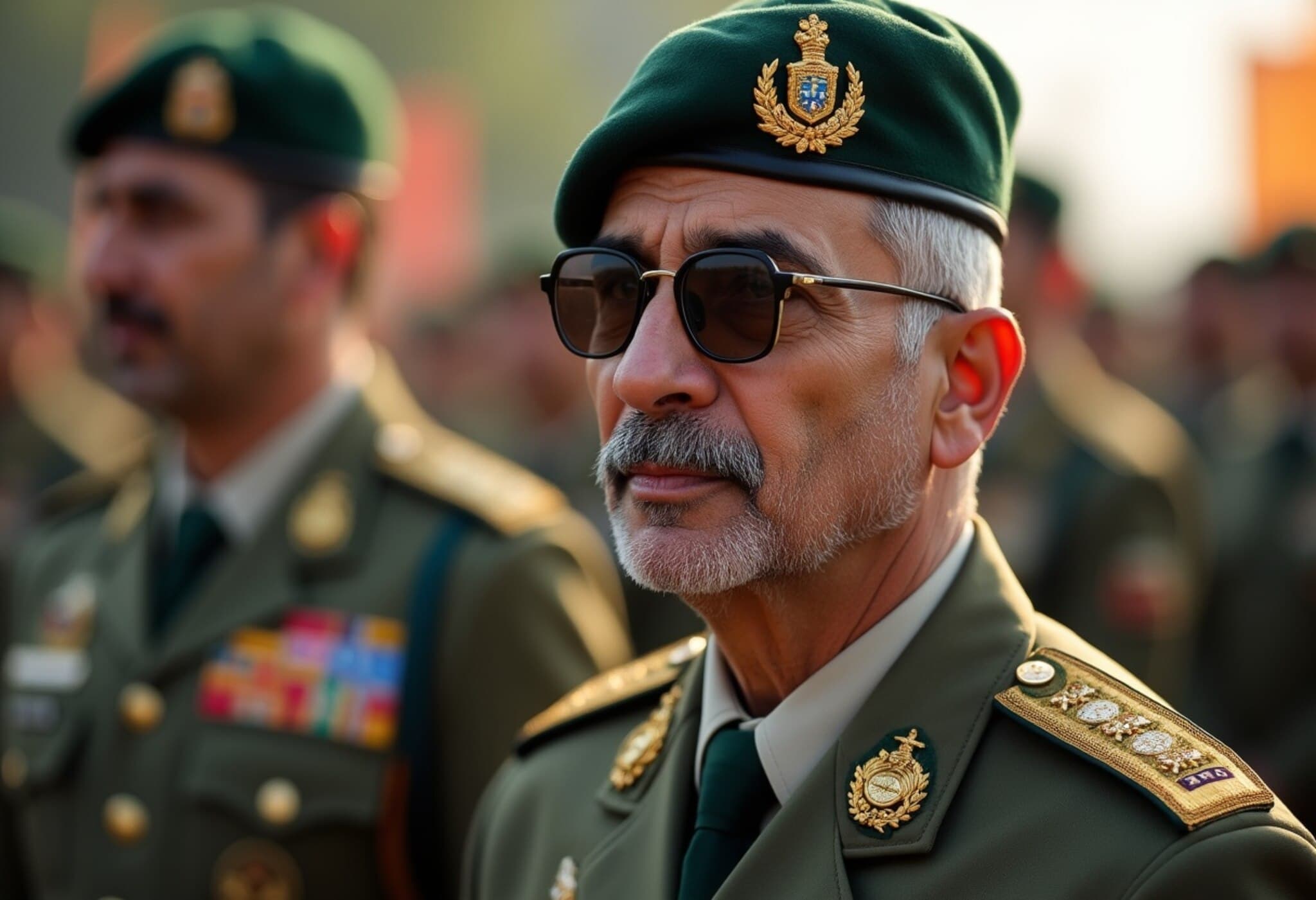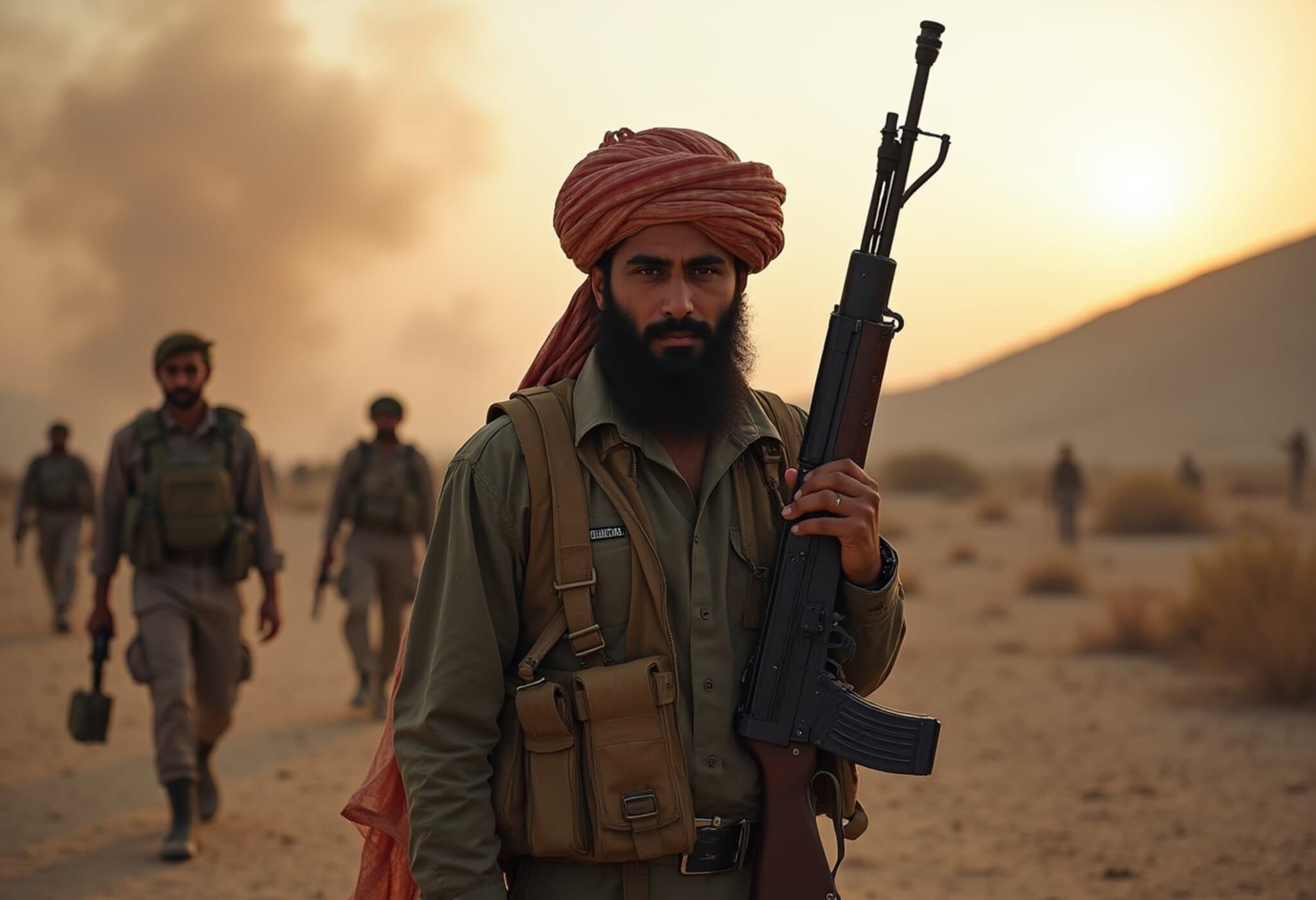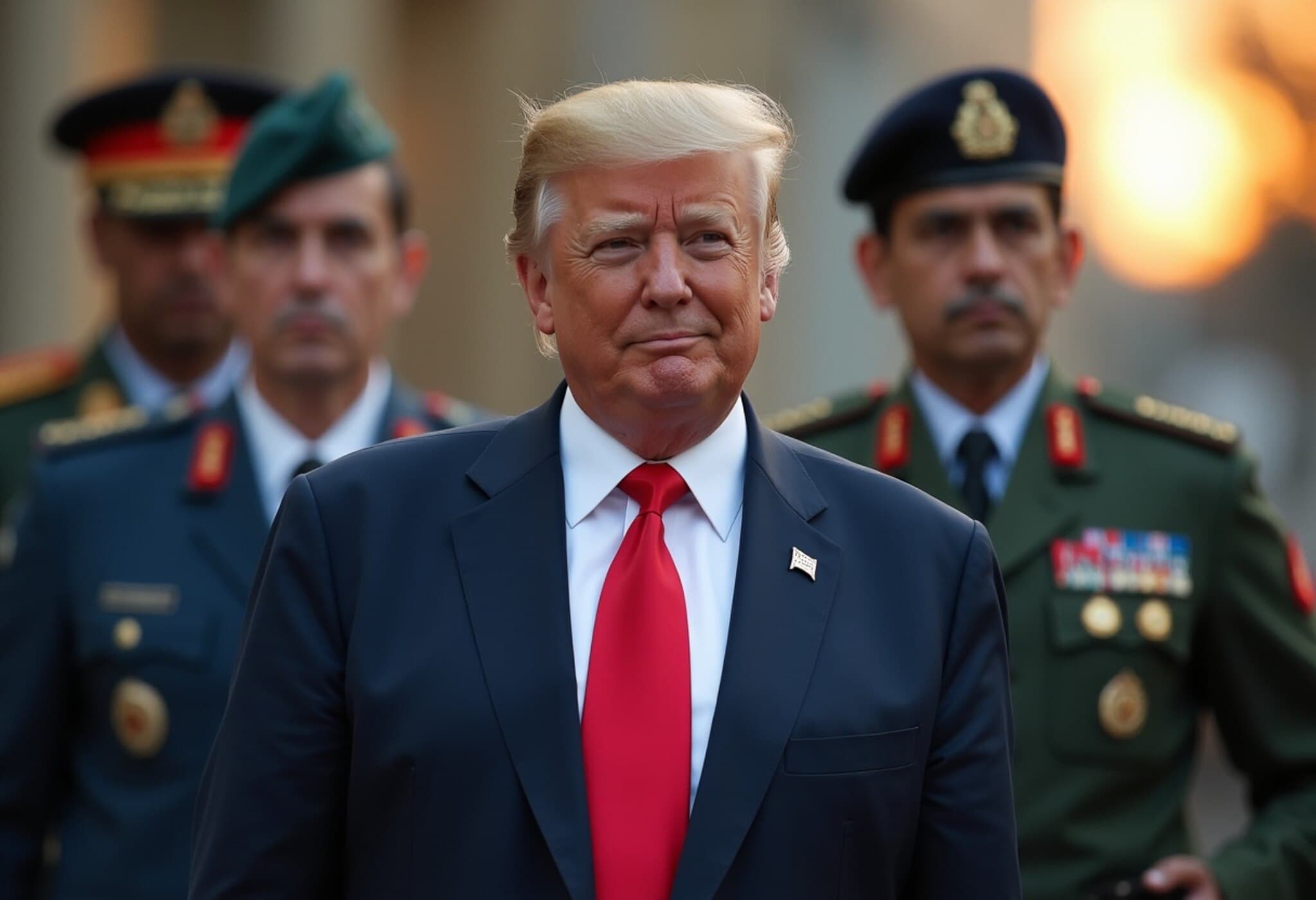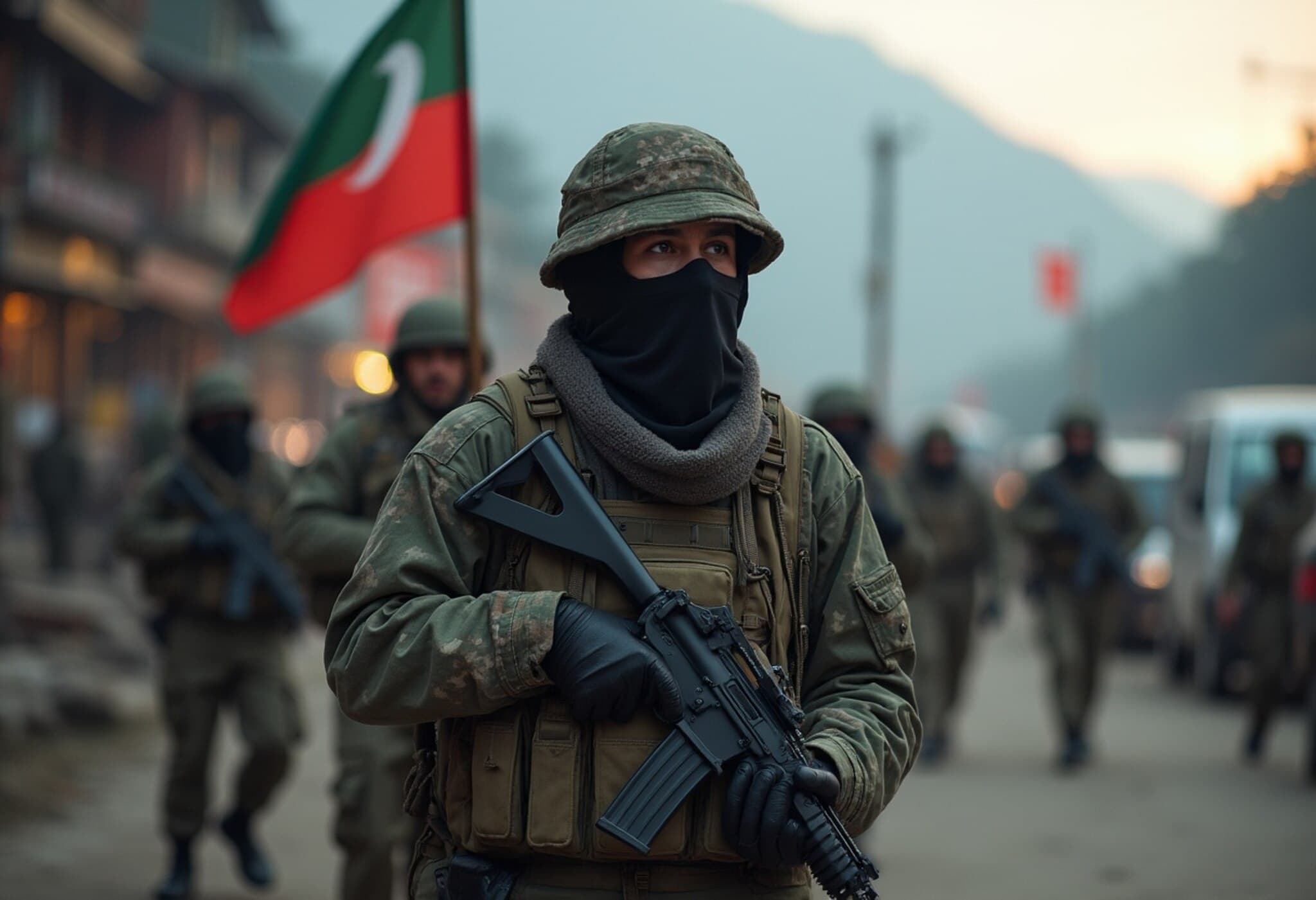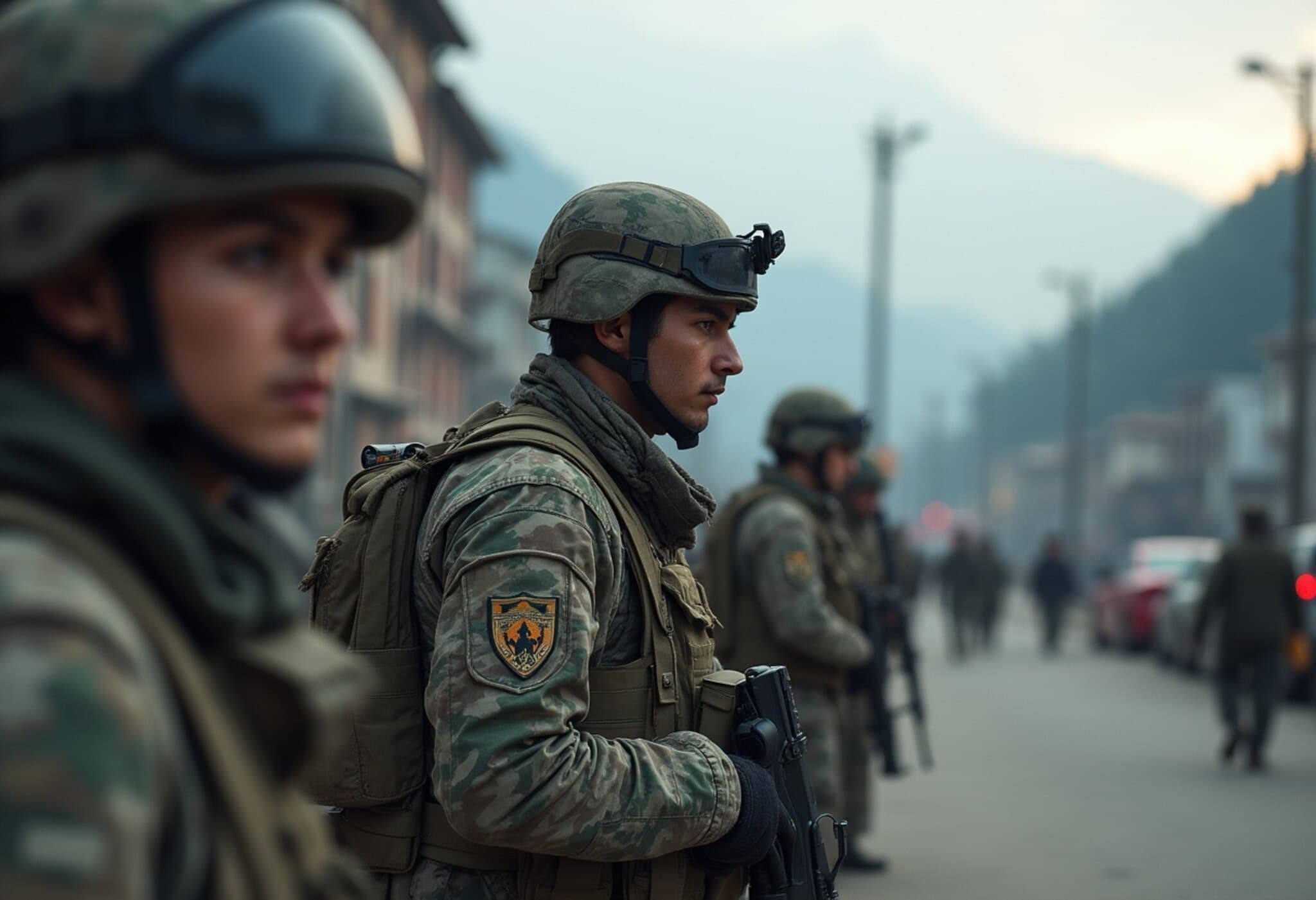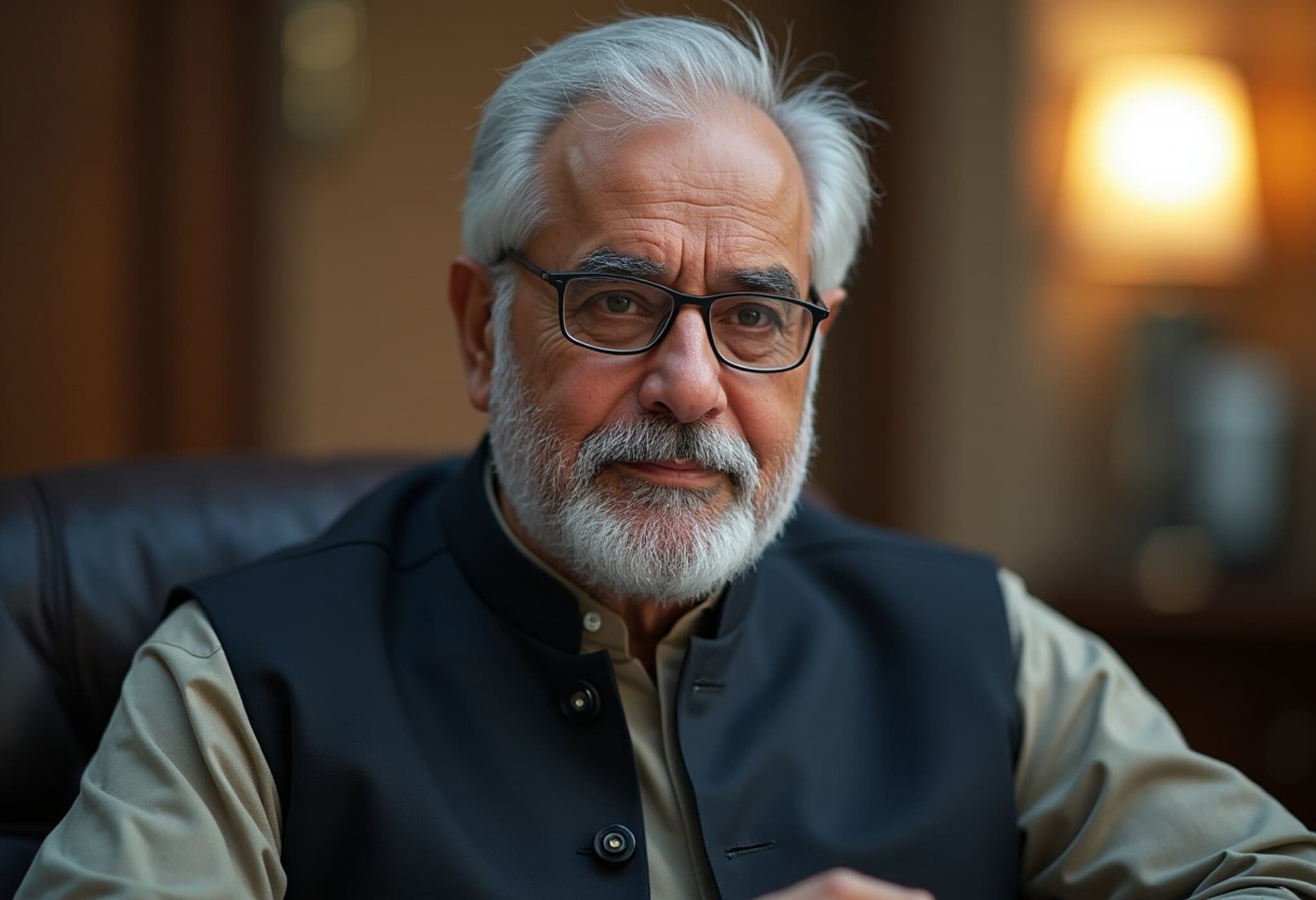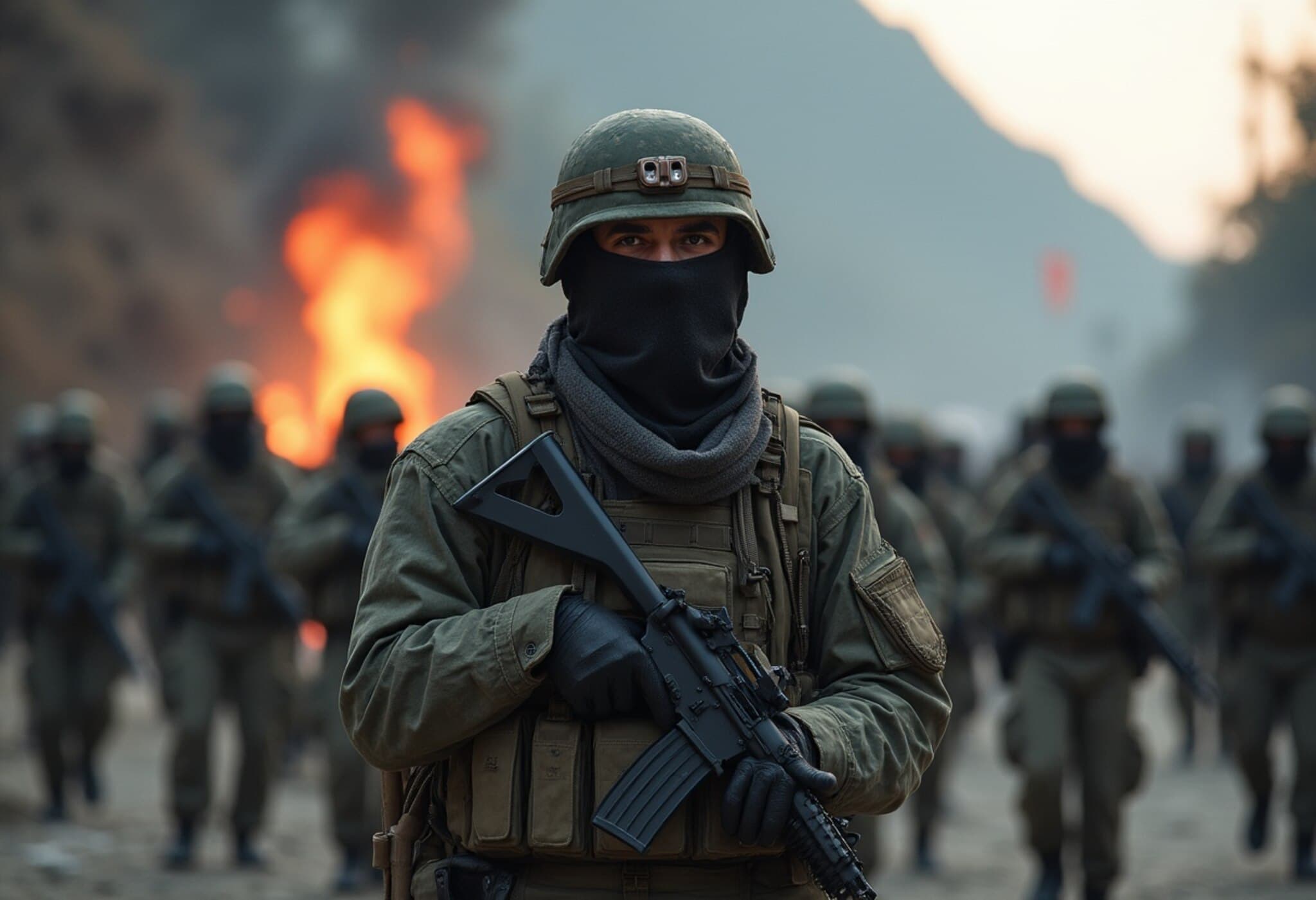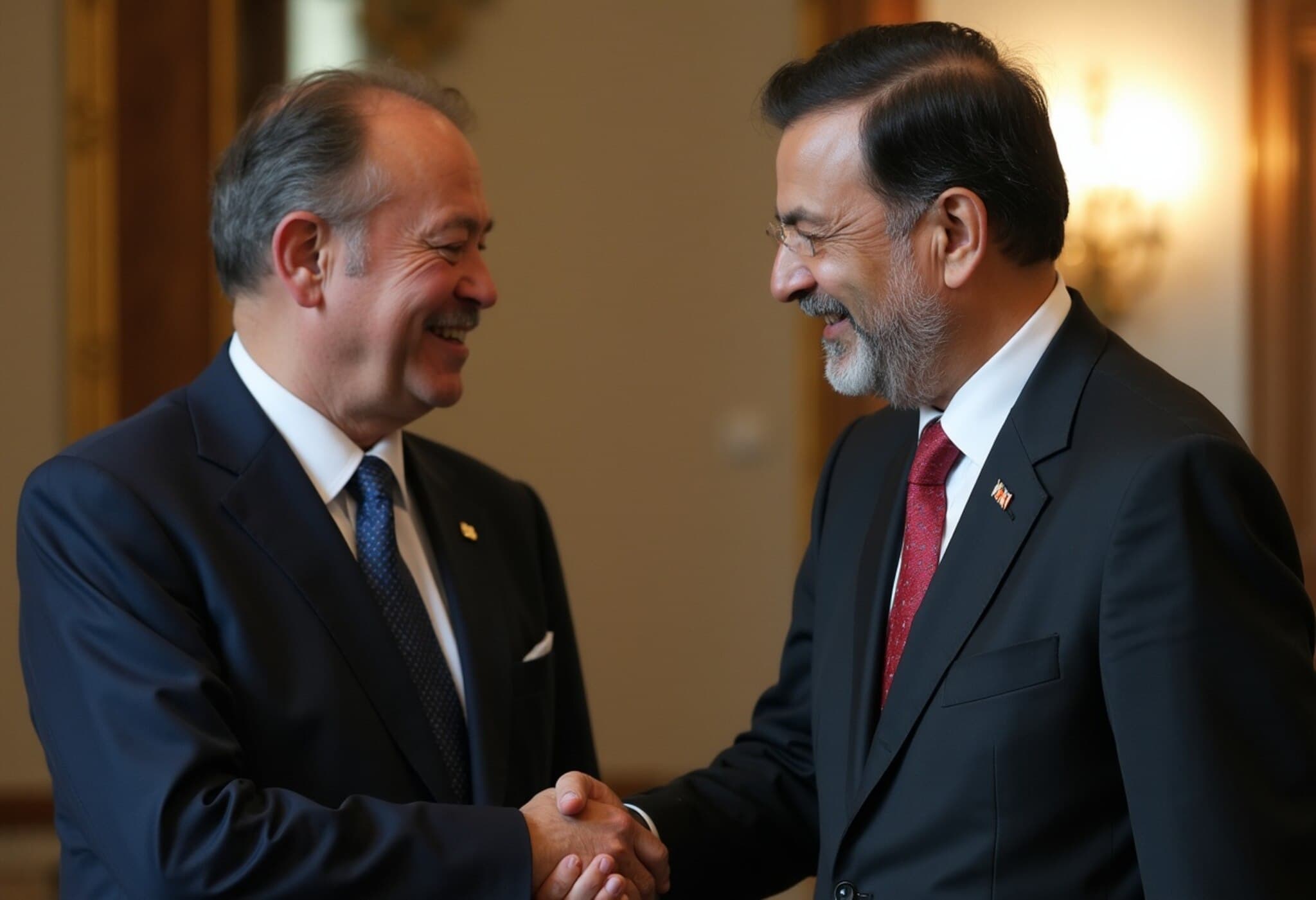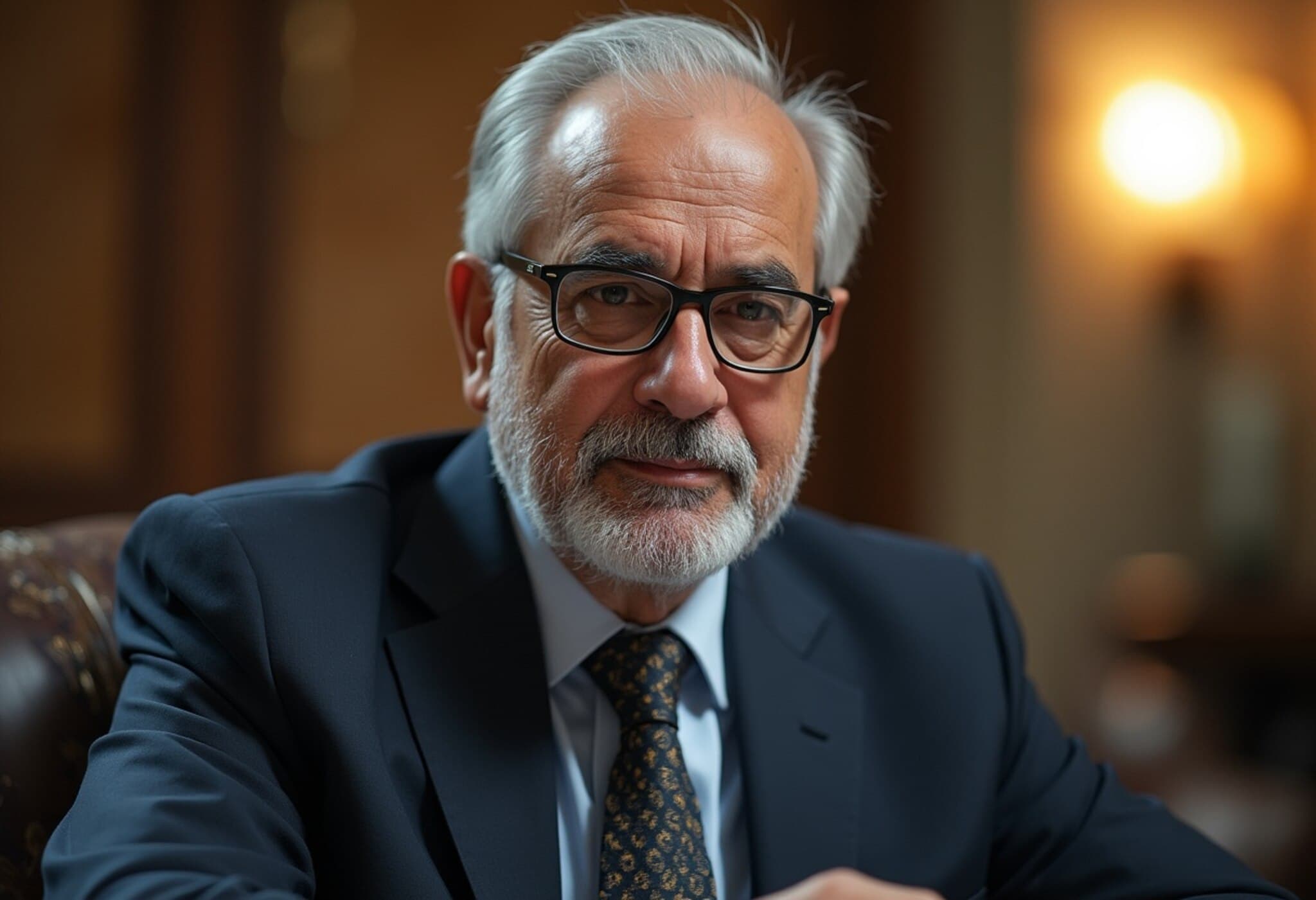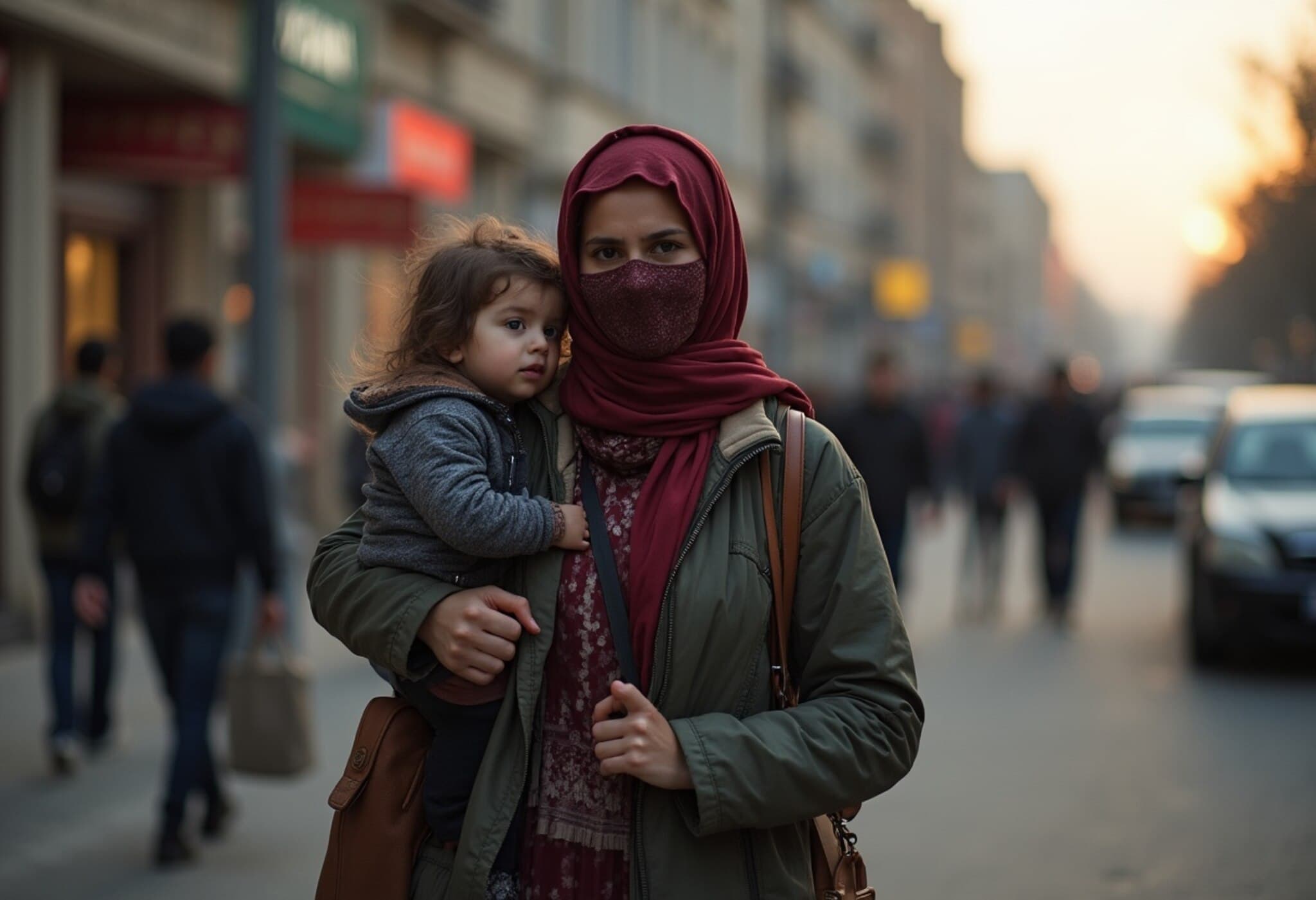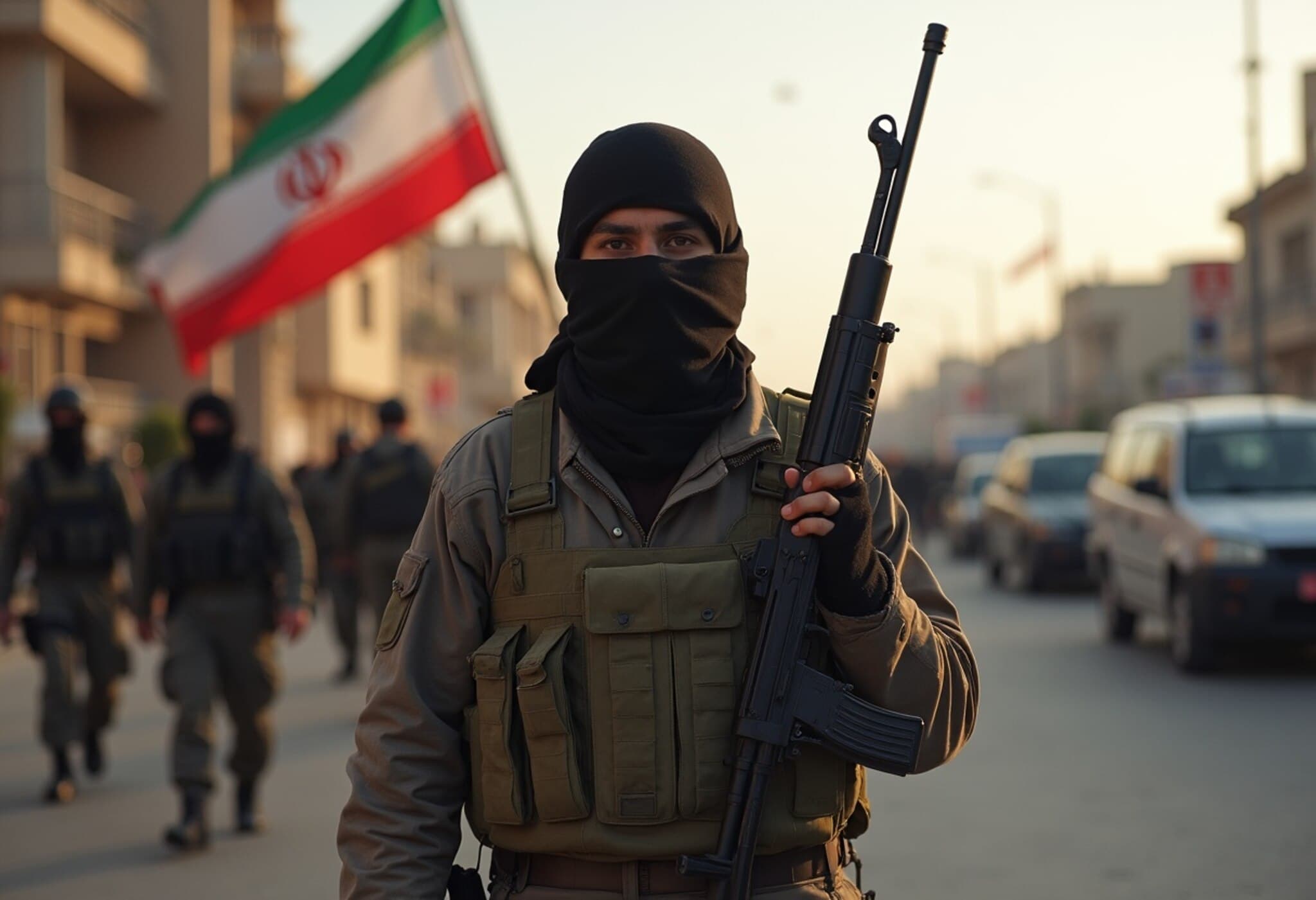Pakistan’s Deputy Prime Minister Ishaq Dar Backs US Terror Listing of TRF
In a notable policy turnaround, Pakistan’s Deputy Prime Minister and Foreign Minister, Ishaq Dar, has publicly endorsed the United States' decision to designate The Resistance Front (TRF) as a terrorist organization. This marks a clear departure from his previous stance, highlighting shifting geopolitical dynamics surrounding the Kashmir conflict and counterterrorism efforts.
Background: The Resistance Front and Its Role
The Resistance Front emerged in 2019 as a shadowy group claiming responsibility for several violent attacks in the Jammu and Kashmir region. Among its most infamous actions was the Pahalgam attack on April 22, 2025, which tragically claimed the lives of 26 innocent people and ignited international concerns about escalating militancy.
Dar’s Shift: From Opposition to Endorsement
Earlier in 2025, Ishaq Dar firmly opposed the inclusion of TRF in the United Nations Security Council (UNSC) resolutions condemning terrorism following the Pahalgam attack. Speaking to Pakistan’s parliament, Dar emphasized that Islamabad had exerted diplomatic pressure to remove TRF from official condemnations, citing a lack of conclusive evidence about TRF's terror activities.
However, on July 26, 2025, speaking at an event organized by the Atlantic Council in Washington, Dar stated that Pakistan had “no objection” to the US decision to list TRF as a terrorist entity. While he maintained that linking TRF directly to the Lashkar-e-Taiba (LeT) network was incorrect and unsubstantiated, he welcomed any concrete evidence that the US might provide.
Implications for Pakistan, US, and Regional Security
Dar’s U-turn underscores increasing international pressure on Pakistan to take a firmer stance against terrorism emanating from its territory, particularly groups operating in Kashmir. The U.S. designation could facilitate enhanced counterterrorism cooperation and serve as a diplomatic lever to ensure compliance with global security norms.
Yet, the nuanced position that separates TRF from Lashkar-e-Taiba reflects the complexities in Pakistan’s approach to militant groups. Lashkar-e-Taiba has long been a focal point of US and Indian scrutiny due to its involvement in the 2008 Mumbai attacks. Pakistan’s reluctance to fully equate TRF to LeT hints at the intricate webs of proxy influence and political considerations in play.
Expert Insights — Navigating the Fine Line Between Diplomacy and Security
From an expert policy perspective, Dar’s endorsement signals a strategic recalibration. Pakistan appears willing to cooperate with international partners to a degree, possibly motivated by a desire to improve diplomatic ties with the US and mitigate economic pressures. However, by questioning the TRF-LeT connection, Pakistan retains some negotiation space within the broader India-Pakistan conflict framework.
This development also raises critical questions about the robustness of evidence standards in terrorism designations and how they influence international diplomacy. For analysts tracking South Asian security, it highlights the importance of distinguishing between symbolic gestures and substantive policy change.
What Lies Ahead?
- International scrutiny on Pakistan’s counterterrorism measures is likely to intensify, especially under US and UN frameworks.
- The evolving narrative around TRF may affect Indo-Pakistani relations, particularly in diplomatic negotiations and security dialogues.
- Further clarity from Pakistan on the nature and connections of TRF could influence regional stability.
- India’s earlier designation of TRF under its own Unlawful Activities (Prevention) Act in 2023 continues to inform bilateral security policies.
Editor’s Note
Ishaq Dar’s abrupt shift from defending TRF’s legitimacy to accepting its terrorist designation by the United States provides a revealing lens into Pakistan’s balancing act between international expectations and internal political pressures. While this move could herald more robust counterterrorism cooperation, the underlying ambiguities over TRF’s affiliations suggest that the path to lasting peace and security in the region remains fraught with challenges. Observers should watch closely how Islamabad’s policies evolve amid these geopolitical crosscurrents, and whether this signals genuine change or a tactical diplomatic posture.

